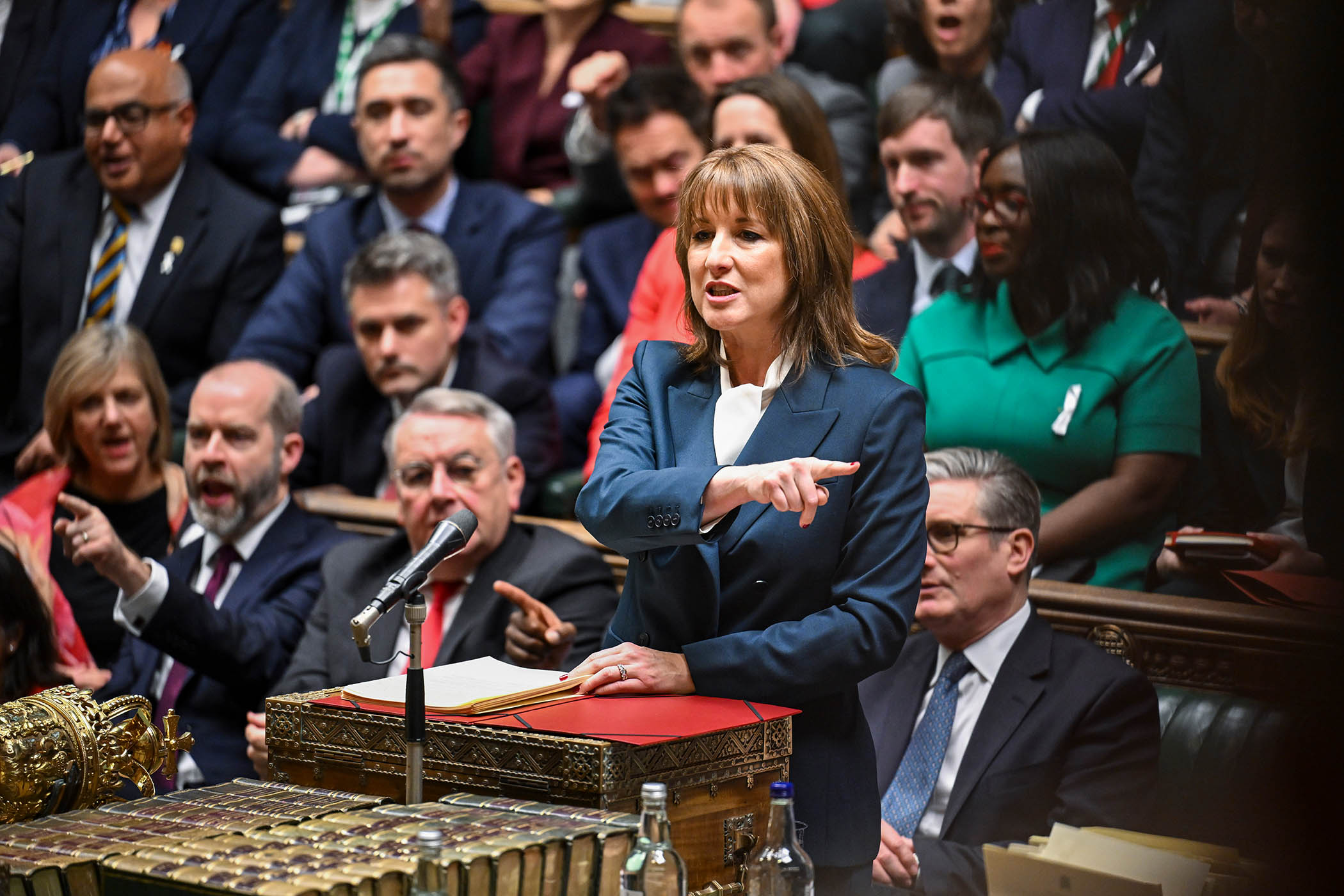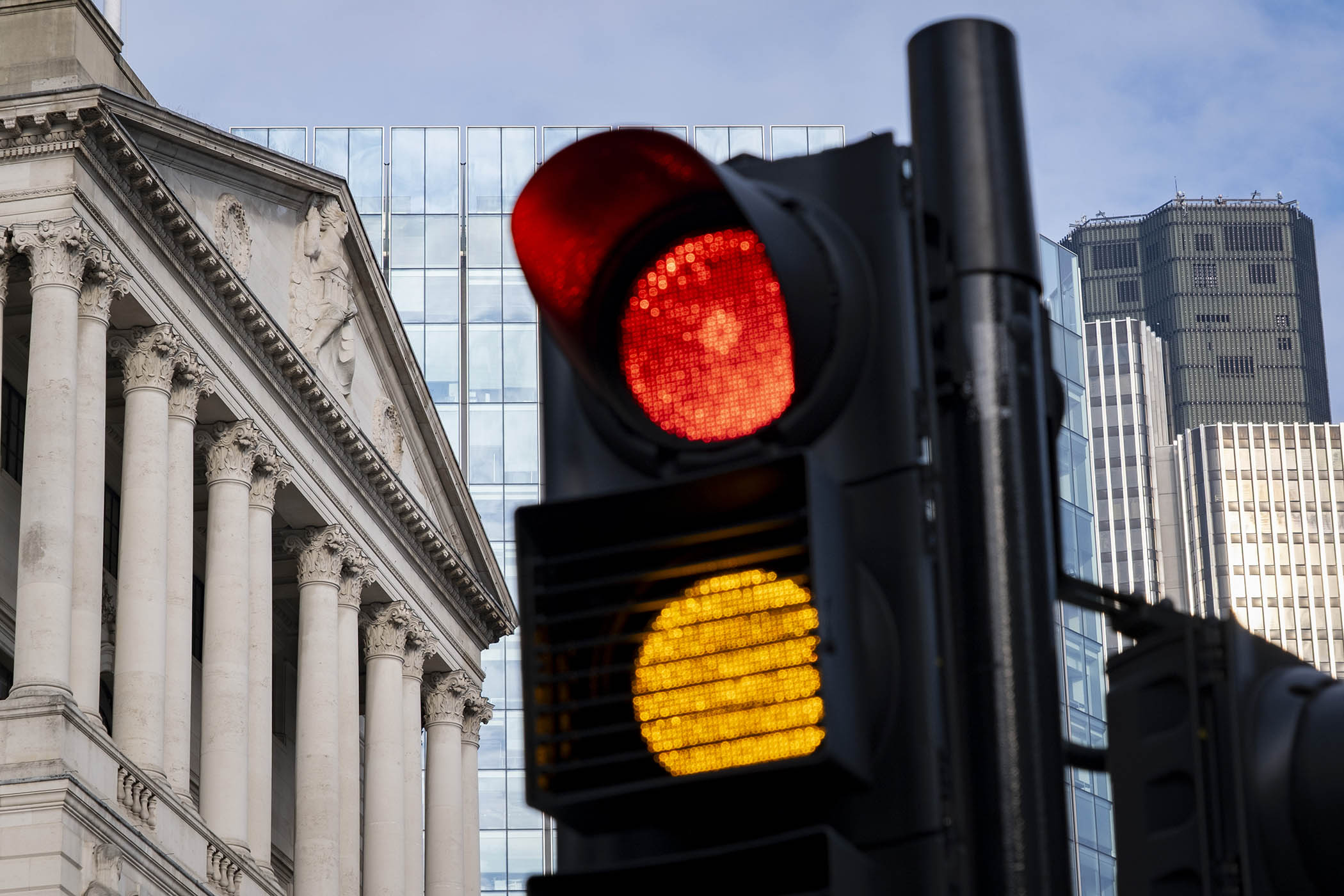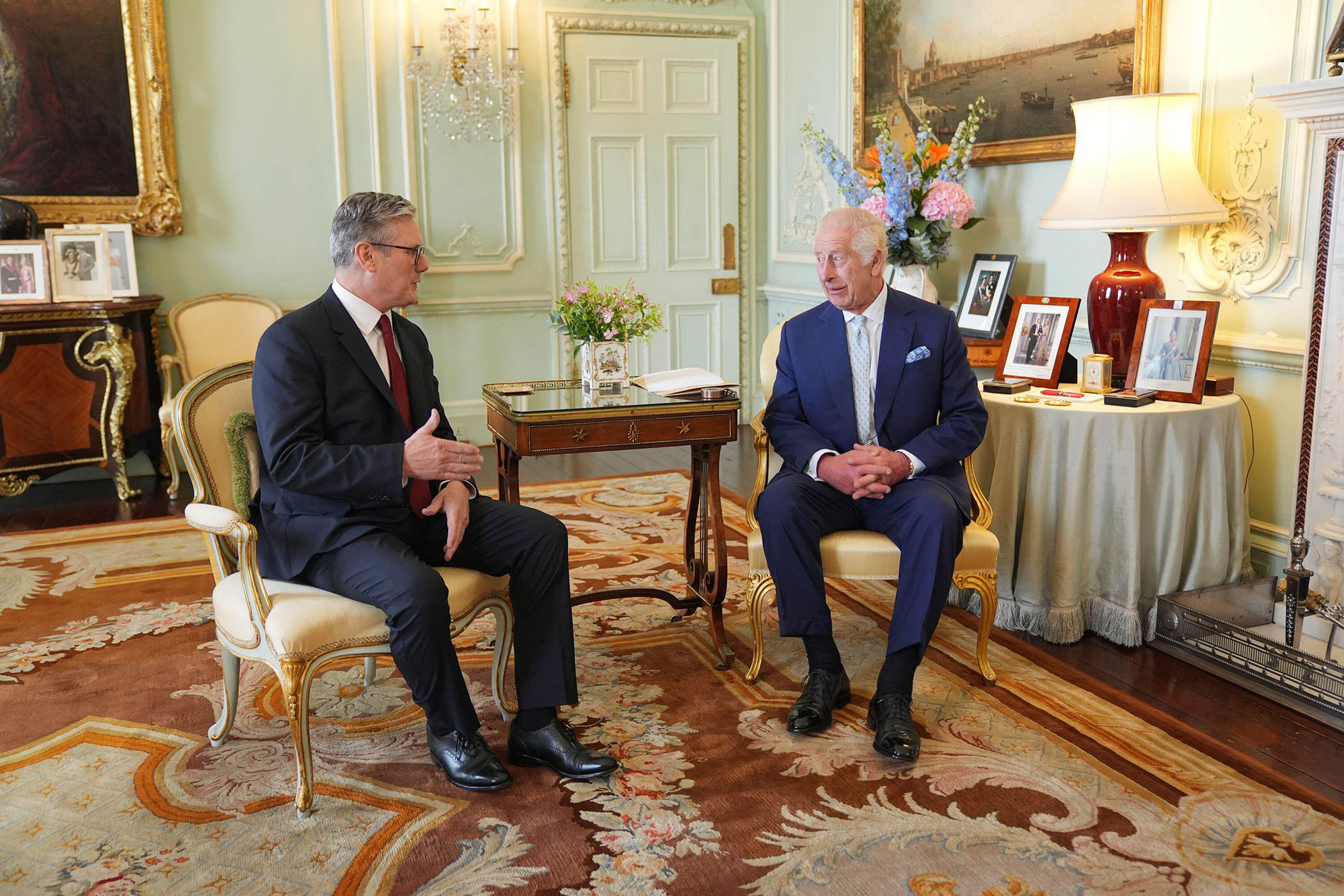Rachel Reeves was about an hour into her budget speech when she finally got Labour MPs properly excited. They cheered. They whooped. Some fluttered their order papers in celebration.
This outpouring of delight was detonated by her declaration that the two-child limit on welfare payments will be terminated from next April. For most of the past 18 months, she and the prime minister have been absolutely adamant that getting rid of the cap introduced by the last Tory government was simply unaffordable. Several Labour MPs were suspended from the parliamentary party for voting for an SNP amendment to scrap it. Now here was the chancellor announcing an end to the cap, which was liked by a lot of voters, but almost universally loathed among Labour people. She was doing so, the chancellor declared, because it “punishes children for the circumstances of their birth”, and child poverty is the “biggest barrier to equal opportunity”.
It’s a tilt to the left that tells us a lot about the shifting sands of the internal politics of this government. And it wasn’t the only crowdpleaser for the Labour folk sitting behind her. There was a resounding cheer of approval when she confirmed that she wouldn’t be upping employee national insurance contributions, VAT or any of the rates of income tax. Many Labour MPs feared that blatantly breaching the manifesto promise not to touch any of the big taxes, a course seriously considered within the Treasury at one point, would prove to be electoral suicide.
For a chancellor under intense pressure, and a prime minister in the same condition, it was important to keep Labour MPs happy. But there were other audiences to placate as well. The chancellor is never less than acutely aware that the money-movers in the markets are watching to see whether her attachment to her fiscal rules remains “non-negotiable”. You could hear the gusts of relief emanating from the Treasury when key indicators moved in a positive direction in response to this budget. UK government bond prices rallied and sterling strengthened.
Her punt is that the country will agree that yet more tax rises are preferable to bearing down on spending
Her punt is that the country will agree that yet more tax rises are preferable to bearing down on spending
Markets liked the fact that she has learned from the mistake she made in her first budget when she left herself a wafer-thin amount of fiscal headroom. More than doubling her margin for error and emergencies to £22bn buys her some confidence. That’s ultimately proved more important than the damage done by so much haphazard and contradictory briefing and leaking around this budget, culminating in the awful howler from the Office for Budget Responsibility when it prematurely published its analysis 40 minutes before the chancellor had even started speaking.
Her third important audience were voters. The theme she hopes will please at least some of the public is help with the cost of living. Rail fares will be frozen for the first time in 30 years, there’s also to be a freeze on prescription charges, and she says she will lop £150 off the average household energy bill from next April.
The three immediate pressures on her were to cheer up Labour MPs, keep markets calm and come up with some items to please voters. In terms of these tests, she succeeded on the day.
But there will be a cost to be paid in the months to come. There are going to be a lot of tax rises – more than 40 of them by my calculation – of one kind or another. Online gambling is going to be more expensive as will living in a home worth £2m or more. The mansion tax she’s gone for has the merit of being very simple and the demerit of being very crude. Salary sacrifice schemes for pension savings will be less generous, landlords will face an increased tax burden and there’ll be a new pay-per-mile tax on drivers of electric vehicles.
Many of her tax increases will bite hardest in the year that is likeliest to be the year of the next general election. The largest revenue-raiser in this budget will hit many millions of workers. There is to be an even longer period when tax allowances and thresholds will not rise with inflation. They will now stay frozen until 2031, three years longer than previously planned, and with inevitable consequences for living standards. When Kemi Badenoch responded to what she decried as a “smorgasbord of misery”, the punchiest line in the Tory leader’s remorselessly vicious speech came when she said that more tax rises are coming to pay for more on welfare.
Reeves often says she won’t take any risks with economic stability, but this chancellor is more of a gambler than she likes to let on. There is a big political wager at the heart of this budget. Her punt is that the country will agree that yet more tax rises are preferable to bearing down on spending. If the country doesn’t agree, she and Keir Starmer are no safer now than they were when she got to her feet.
Newsletters
Choose the newsletters you want to receive
View more
For information about how The Observer protects your data, read our Privacy Policy
Photograph by House of Commons



